
Big data for understanding mass migration trends
Recent mobile phone-based technologies can provide new insights into the effects of large-scale migrations as they happen.
2 October 2019

Taking back control over academic publishing
To break the monopoly of expensive paid journals, we should make use of free journals and free platforms of editorial boards evaluating preprint articles.
25 June 2019

Kill the Bill
Can open access help scientific publishing move from a prestige economy to a shared scientific economy?
20 March 2018

Opinion
A Gaming Revolution for International Development
There are more than one billion people living under $1.25 a day and almost the same number playing at least one hour of video games worldwide. So, how can the popularity of games be harnessed for positive social change?
21 March 2017

Opinion
The Digital Revolution: Why do you Google?
While we seem to be enchanted by the idea, there really is no such thing as an unbiased search result.
14 May 2016

Are Pro-Government Political Militias Evidence of a Strong State?
The growth of pro-government political militias and unidentified armed groups has traditionally been associated with weak state capacity however, new research suggests this may be a method of institutional management and can be seen as evidence of a strong state rather than a fragile one.
13 March 2016
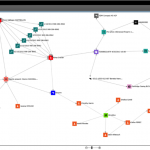
Border control fights back with cyber evidence
Border control agents require the eyes of a hawk, a good understanding of human psychology and endless patience. But even with these attributes, border control is still a gamble. How do you know you’ve stopped the right person?
8 December 2015

Imagine a future dominated by brain emulation robots
History took us from the age of foraging to the age of farming, will brain emulation technology now take us from the industrial era to the age of the "em" economy?
22 June 2015

The Statistical Laws behind Cities
The intersection of two unexpected fields, physics and urban studies, suggests that what defines humanity is hidden in abstract mathematical probability distributions that we use to describe cities.
22 June 2015
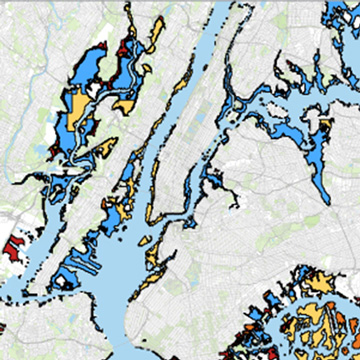
Catastrophe models could transform disaster resilience
Catastrophe models are an emerging tool for governments, NGOs and international aid agencies to assess and prepare for the risks posed by natural disasters.
9 April 2015
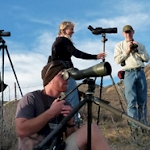
From London to the Arctic
Technology can play a role in helping people to collaborate – and increasingly participate – in research experiements previously inaccessible to the non-expert.
1 June 2014

Identity: Who Do You Think You Are?
By 2020, it is predicted that networked devices, streaming information and connecting us globally, will exceed 50 billion. But will we be able to switch off, or maintain distinct identities in online and offline worlds?
1 June 2014

The Virtual Drive
Augmented Reality (AR) has significant economic potential because it embeds virtual objects into physical reality at negligible marginal costs, while maintaining targeted advertising capabilities similar to those of the internet.
1 June 2014

Smart Transport
Advancements in sensing and information technology for road transport performance measurement, such as wireless sensors and Automatic Vehicle Identification AVI, have recently begun to contribute to sustainable development and management of urban transport systems.
1 June 2014

Engaging Digital Citizens for Children’s Rights
Never before has there been such a rich opportunity to engage the world’s digital citizens, including a newly empowered youth, in issues surrounding children’s rights and well-being.
1 June 2014

Advancing Health Research Through Online Social Networking
The recent explosion of internet-based communication and education tools has enabled medical practitioners and researchers to interact with patients in new and innovative ways.
1 June 2014

Liquid Democracy: New Politics in a Connected World
What forms the basis of an emerging form of technological movement, such as that seen in Egypt and Brazil, and how might it be used to bring about a new political revolution?
1 October 2013
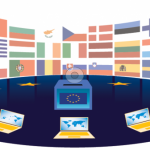
Digital Platforms and E-Bureaucracy in Participative Democracy
In times of widespread access to high speed internet and social media, one would expect that it is easy to reach out to millions of people and encourage them to participate in direct democracy – but experience so far has proven the contrary.
1 October 2013
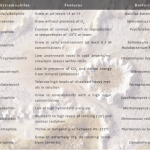
Astrobiology: Searching for Life in Space
The human mind is fascinated by the possibility of other life in the universe. From as early as the fifth century B.C, science fiction and science fact have been intricately linked driving forward innovation and imagination.
1 October 2013

Mathematics and Statistics in Finance
Mathematical models for finance evolved radically from about 1900, when Bachelier applied Brownian motion as an underlying process to derive option prices.
1 May 2012






